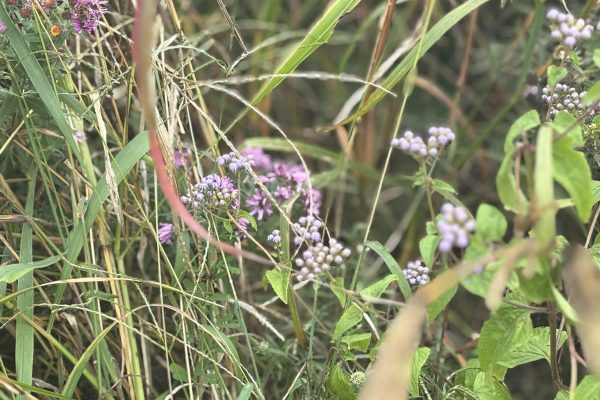We included the following ritual just before Mourner’s Kaddish, to mourn the lives lost in the Charleston massacre. This ritual can be adapted for any service mourning victims of racist violence.
As an addition to the Mourners’ Kaddish, I invite you to take the handout out of the envelope in front of you. We mourn the deaths of the nine men and women who were murdered in the church in Charleston. This reading is from the Book of Mark, the scripture that they were reading just before they were murdered.
Although this scripture is not a part of our tradition, you will see how much it shares with “v’haya im shamoa.” More important, in “Tzedek,tzedek tirdof,” “Justice, justice shall you pursue,” it is our tradition to give voice to those without voices. Let our voices speak for those who no longer can, and as we read this together, may our words rise on the wings of the Shekhinah to bless those souls on their journey and to comfort those who mourn for them.
————————–
The handout is as follows:
Excerpted from our Siddur:
בָּרוּךְ שֶׁאָמַר וְהָיָה הָעוֹלָם
Blessed is the One who speaketh the word … who was and forever is.
וְהָיָה אִם שָׁמֹֽעַ תִּשְׁמְעוּ אֶל מִצְוֹתַי
And if you will truly heed my commandments …
* * * * *
Excerpted from Mark 4:3–20
A sower went out to sow …
And these [seeds] are the ones sown on rocky ground: the ones who, when they hear the word, immediately receive it with joy. And they have no root in themselves, but endure for a while; then, when tribulation or persecution arises on account of the word, immediately they fall away.
And others are the ones sown among thorns. They are those who hear the word, but the cares of the world and the deceitfulness of riches and the desires for other things enter in and choke the word, and it proves unfruitful. But those that were sown on the good soil are the ones who hear the word and accept it and bear fruit, thirtyfold and sixtyfold and a hundredfold.
Dedicated to the memory of:
Cynthia Marie Graham Hurd
Susie Jackson
Ethel Lee Lane
Depayne Middleton-Doctor
Clementa C. Pinckney
Tywanza Sanders
Daniel Simmons
Sharonda Coleman-Singleton
Myra Thompson
And after the reading:
It is said that our prayers to God must be accompanied by tzedakah. There are stamps on those envelopes but, as with all prayer, only you can write the letter that goes inside. Please, please take your envelope home and send something concrete along with your words of blessing. On the other side of the handout is a list of organizations that combat racism. Your prayer may be to use the envelope to send a contribution in memory of those nine souls, or perhaps to write to a legislator or to write a letter of consolation to the church in Charleston, or something else. Your concrete action will multiply your spoken blessing a hundredfold.
May the one who makes peace in heaven, send peace to all those who mourn.
In addition, our custom is to have a closing song at the very end of services. We sang the following modification of Amazing Grace:
Amazing grace, how sweet the sound
To save a wretch like me.
I once was lost but now I’m found
Was blind but now I see.
Osey shalom, bimromav
Hu ya’aseh shalom.
Aleynu, v’al kol Yisrael
V’al kol yoshvey tevel.











